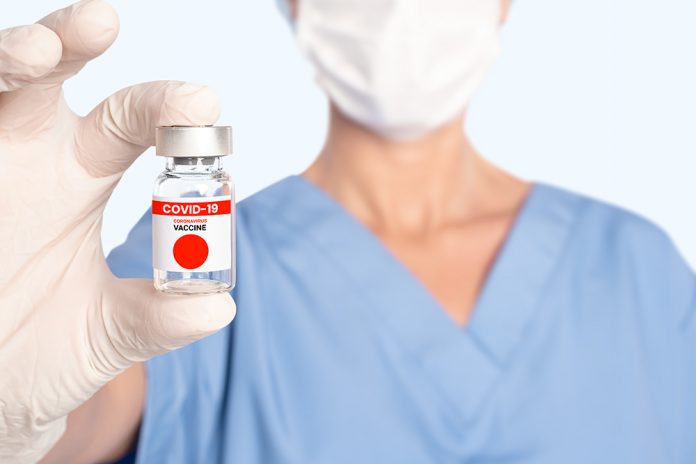Researchers at the Tokyo Metropolitan Institute of Medical Science are working on a COVID-19 vaccine that not only delivers lifelong immunity against the SARS-CoV-2 virus but could also be transported at room temperature to far-off corners of the world, The Japan Times reported.
A Covid-19 vaccine potentially able to give lifelong protection has proved effective on mice and primates and is set for clinical trials. Production is planned for 2024, Japanese scientist Michinori Kohara. He said:
I have worked on various vaccine technologies such as the adenovirus and messenger RNA, but the vaccine using the vaccinia virus vector is the most powerful of all with few side effects, can induce antibodies and lifelong immunity.
The vaccine that is being developed by Michinori Kohara and his team of researchers employs the most successful vaccine used in history, one against smallpox. The team uses a strain of the vaccinia virus that does not cause disease but replaced some of its protein components with those from the SARS-CoV-2 spike protein.
While recombining the spike protein with a different delivery mechanism is a common strategy used in vaccine design these days, Kohara is confident that his vaccine can not only deliver potent neutralizing antibodies with a single dose, they also induce strong cellular immunity that offers long term protection.
Experiments conducted in mice showed that vaccinated mice maintained high antibody levels for over 20 months or their average lifetime, The Japan Times reported. When two doses were administered, three weeks apart, the neutralizing antibodies increased tenfold, the report said.
Similar experiments conducted in macaques showed that vaccine protected them from infection as virus levels in the vaccinated macaques remained lower than detection limits, seven days after they were infected with the coronavirus.
Kohara also told the news outlet that the vaccine would offer an added advantage of producing fewer side-effects compared to other vaccines that have been given emergency-use authorizations. The non-pathogenic strain used in the vaccine design is incapable of replicating in mammals and would produce fewer side-effect reactions, Kohara claimed.

